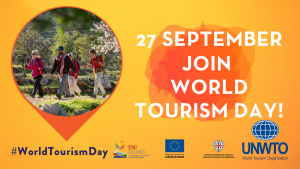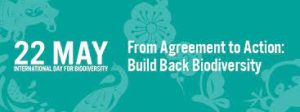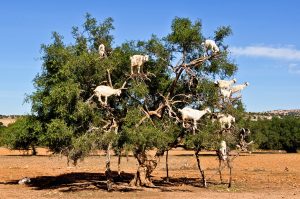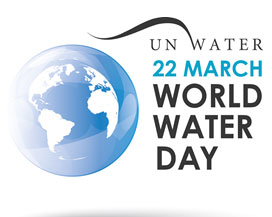Youth Skills for Peace and Development
In 2014, the United Nations General Assembly declared 15 July as World Youth Skills Day to celebrate the strategic importance of equipping young people with skills for employment, decent work and entrepreneurship, as well as for addressing global challenges and advancing sustainable development.
The theme for World Youth Skills Day 2024 is Youth Skills for Peace and Development. It highlights the crucial role that young people play in peacebuilding and conflict resolution efforts.
The world faces a multitude of challenges today, many of which affect the youth. Violent conflicts disrupting education and stability, a polarized online environment fostering negativity, and persistent economic inequality limits opportunities. These issues threaten not only individual futures but also the overall stability of societies. It is crucial to equip youth with the necessary skills for fostering a culture of peace, nurturing responsible global citizens, and promoting sustainable development to build a more just, inclusive, and sustainable future for all.
On World Youth Skills Day, let us unite in recognizing the potential of young people as agents of peace and commit to providing them with the skills and opportunities to address challenges and contribute to a peaceful, prosperous, and sustainable future.
Source: text & Image: https://unevoc.unesco.org/wysd/World+Youth+Skills+Day


 Background
Background Investing in People, Planet, and Prosperity
Investing in People, Planet, and Prosperity
 The argan tree as a fundamental pillar for sustainable development
The argan tree as a fundamental pillar for sustainable development
 Background
Background The United Nations General Assembly voted unanimously to designate February 4 — the anniversary of the signing of the “Document for Human Fraternity” by Pope Francis and Grand Imam Ahmad Al-Tayyeb — as the “International Day of Human Fraternity.”
The United Nations General Assembly voted unanimously to designate February 4 — the anniversary of the signing of the “Document for Human Fraternity” by Pope Francis and Grand Imam Ahmad Al-Tayyeb — as the “International Day of Human Fraternity.”  Water is an essential building block of life. It is more than just essential to quench thirst or protect health; water is vital for creating jobs and supporting economic, social, and human development.
Water is an essential building block of life. It is more than just essential to quench thirst or protect health; water is vital for creating jobs and supporting economic, social, and human development.